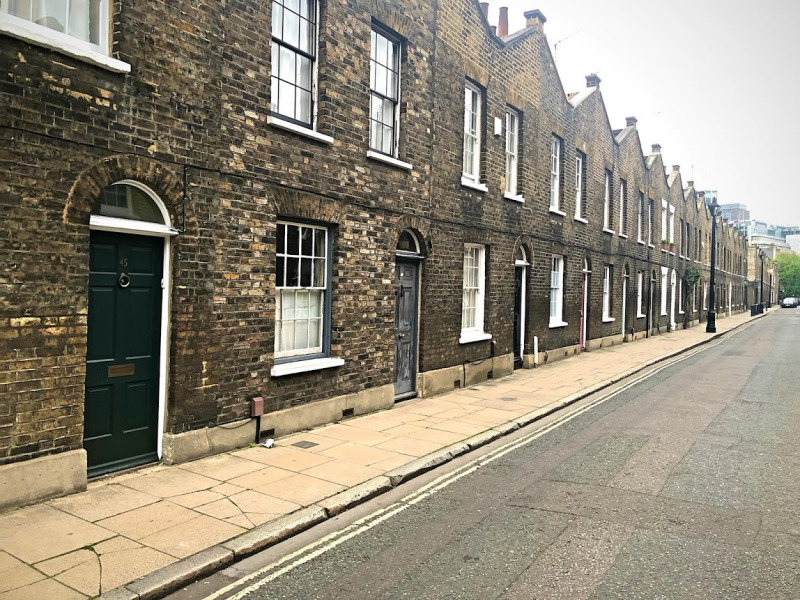Lambeth Council HMO Properties new Licensing scheme
The London Borough of Lambeth will introduce a new HMO licensing scheme on December 9th after it finished its consultation for additional licensing of HMO properties.
The proposals gained the support of two-thirds of residents while 81% of landlords and agents were against them.
Why is the scheme being introduced?
The council’s reasons for the introduction of this latest HMO licensing scheme in the borough are to improve accommodation standards for tenants, routing out rogue landlords and illegal HMOs.
Lambeth Council estimates that there are 5,000 HMO properties in the borough; this includes house and flat shares, bedsits (section 254 HMOs), and some buildings converted into flats (section 257 HMOs). Smaller houses and flatshares occupied by three more people that form more than one household will now require a licence.
The new scheme is particularly aimed at those landlords who rent out smaller HMOs who fail to ensure the correct property compliance and acceptable conditions for their tenants. Any landlords who do not comply with the Lambeth HMO licensing, will be faced with fines. The costs of HMO licensing a HMO property can vary from borough to borough.
How much is the HMO Licensing cost in Lambeth?
The new Lambeth HMO licensing scheme will see costs increase to £506 per bedroom or £2,024 for a four-bedroom HMO. Currently, Lambeth council charges an application fee of £289 per bedroom so property businesses will see a big increase in the cost of 75% per licence, and lead to the highest per bedroom fee in London.
Can I get fined?
Any person managing a property or persons in control, under the Housing Act 2004, could get up to £30,000 fine per offence. Tenants can claim back up to 12 months rent, under Rent Repayment Order, from landlords breaking rules so ensure you run a tight ship and get your paperwork in order ASAP.
If taking advice, ensure you use someone accredited to do so such as Environmental Health Officers, accredited by CIEH, with experience in local councils.
How can I check my property compliance?
The HMO Services Compliance checker will help you stay one step ahead of any changes like this and help with your property compliance, so you know how any licensing changes by your local council could affect you. Just enter your postcode 
What is a HMO?
To determine what is an HMO we need to start with what ‘HMO’ stands for ie. House in Multiple Occupancy or House of Multiple Occupation. The standard definition of a section 254 HMO is: 3 or more tenants, more than 1 household and shared facilities.
For Section 257 HMOs, the standard definition of a section 257 HMO refers to buildings that:
have been converted into self-contained flats;
the conversion did not comply with the relevant Building Regulations in force at that time and still does not comply;
and less than two-thirds of the flats are owner-occupied.
How can I check my property compliance?
The HMO Services Compliance checker will help you stay one step ahead of any changes like this and help with your property compliance, so you know how any licensing changes by your local council could affect you. Just enter your postcode 
What is Property Licensing?
Property licensing is the Local Authority’s process of improving living standards in rental accommodation and proving that landlords are ‘fit and proper’ persons to operate these properties. The type of licence a property requires varies depending on a number of different factors, including the number of tenants and the council your property is located in.
Why is Property Licensing important?
It is important that you are aware of both the national and local authority regulations. The licensing rules are not consistent across every London borough, with each individual borough creating its own set of licensing rules. A professional licensing company should be instructed to guide you through the process. In short, the type of licence required will depend on the property itself, how it is tenanted and the borough that it is located in.
For more information about property licensing, download our guide or contact HMO Services on 020 3848 2200 / admin@hmoserviceslondon.com.
Work in the property business?
Do you work as a letting agent, mortgage consultants, investors or property/building manager? Then take a look at our sister company Yuno, who is ready to help you with any changes you must make.



